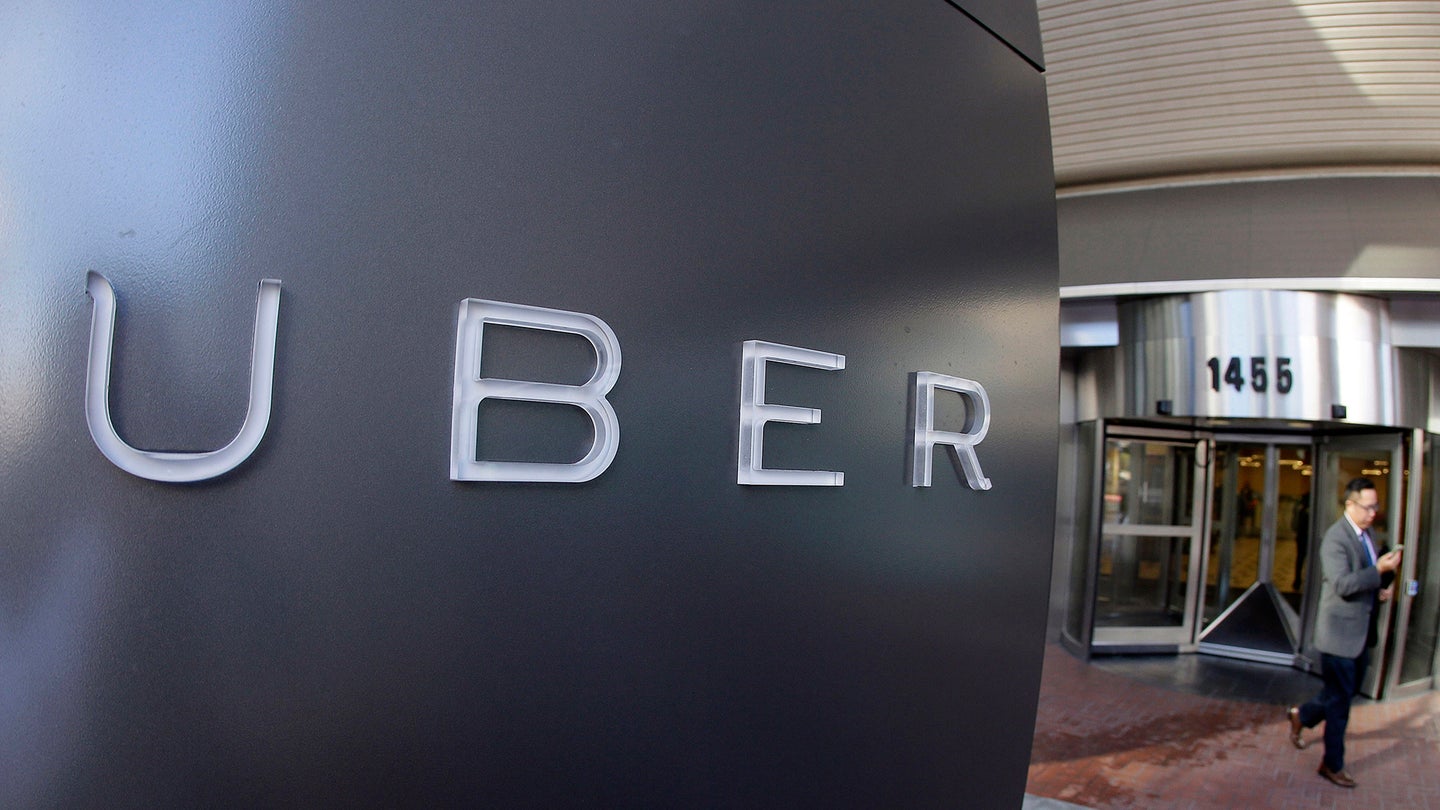Court Could Put Uber’s European Expansion Plans in Jeopardy
An advisor to Europe’s highest court recommended that the ride-sharing firm should be treated as a transportation company.

User's status as a ride-sharing company has allowed it to offer lucrative transportation services in major cities, while skirting the regulations that govern more traditional taxi companies and the like. But the European Union is considering keeping Uber on a shorter leash.
As Uber works to expand in Europe, an advisor to the European Court of Justice recommended Thursday that the ride-sharing firm be treated like a transportation company, according to The New York Times. That would subject Uber to stricter regulations, which could derail its European expansion plans. It's the latest in an ongoing chain of controversies surrounding the company.
European regulators have been debating whether Uber should be treated as a transportation company, or simply as a digital platform that connects independent drivers and passengers. Maciej Szpunar, an advocate general at the European Court of Justice, said Uber should be treated as a transportation service, and be compelled to comply with all safety rules and other regulations for traditional taxi services in EU member nations.
Uber already operates in many EU cities, but it has faced significant opposition. The case currently before the European Court of Justice stems from a 2014 complaint by a Barcelona taxi group, which said Uber was unfair competition because it did not have to comply with the same rules as taxi operators. Taxi drivers in France have violently protested Uber, and Italy moved to ban it last month, a decision Uber successfully appealed.
The European Court of Justice typically follows the recommendations of its senior advisors, but may still rule in Uber's favor, according to The New York Times. The court expected to rule on the Uber case this summer.
Uber has tried to brush off claims of unfair competition by taxi operators, but the European case shows that the issue won't simply go away. It pits Uber not only against the more traditional transportation services it hopes to usurp, but also against its own drivers. A study released earlier this year found that 96 percent of Uber drivers leave the company within a year, primarily due to low pay.
Because it treats its drivers as independent contractors, Uber does not feel it has many obligations to them. That attitude was demonstrated in dramatic fashion when a video of Uber CEO Travis Kalanick yelling at a driver was released. New York has threatened to force Uber to allow tipping in order to compensate for what officials see as unreasonably low pay.
Uber faces controversies in many other areas, including claims of sexual harassment by a female former engineer, a legal battle with Waymo over self-driving car tech, and concerns over data-harvesting practices. Long story short: It's definitely not a good time to be working in Uber's PR department.
